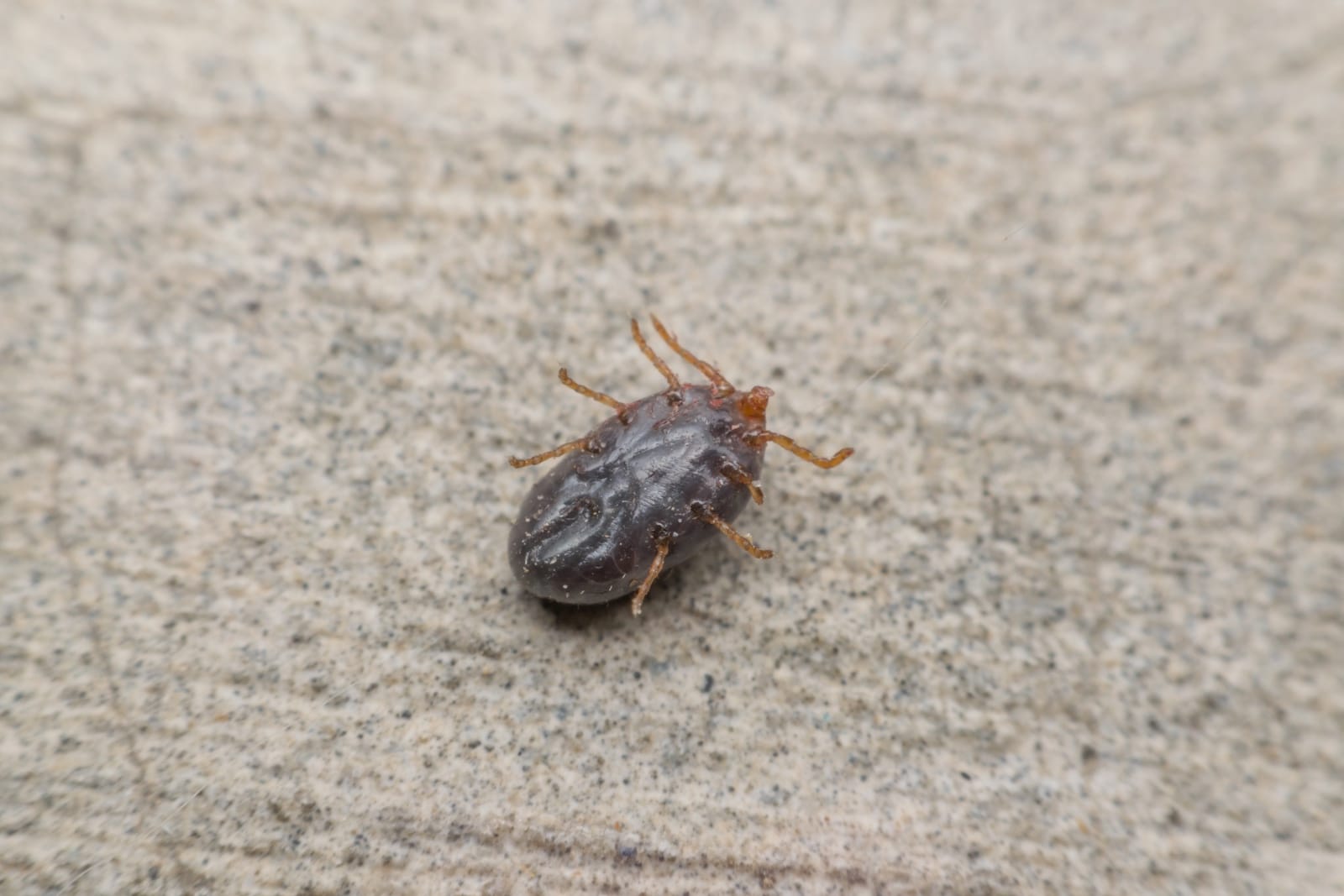Fleas and ticks are both external parasites that can pose several dangers in Trinidad and Tobago. Here are some of the key reasons why they require pest control:
- Disease transmission: Fleas and ticks are known to transmit a variety of diseases to both humans and animals. For example, ticks can transmit Lyme disease, Rocky Mountain spotted fever, and other serious illnesses. Fleas can transmit tapeworms, typhus, and other diseases.
- Skin irritation: Fleas and ticks can cause skin irritation and discomfort for both humans and animals. Flea bites can cause itching, redness, and swelling, while tick bites can cause skin irritation and even allergic reactions in some people.
- Anemia: Fleas can cause anemia in pets and other animals by feeding on their blood. This can lead to weakness, fatigue, and other health problems.
- Environmental impact: Flea and tick infestations can also have an environmental impact by causing damage to local ecosystems. For example, tick infestations can reduce the populations of small mammals and birds, which can have a ripple effect on other wildlife.
Given these risks, it’s important to control flea and tick populations in Trinidad and Tobago through effective pest control measures. This may involve the use of insecticides, flea and tick collars or other treatments for pets, and regular inspections to identify and eliminate infestations. By doing so, it’s possible to reduce the risk of disease transmission, protect the health and well-being of pets and other animals, and promote a healthier environment for all.
